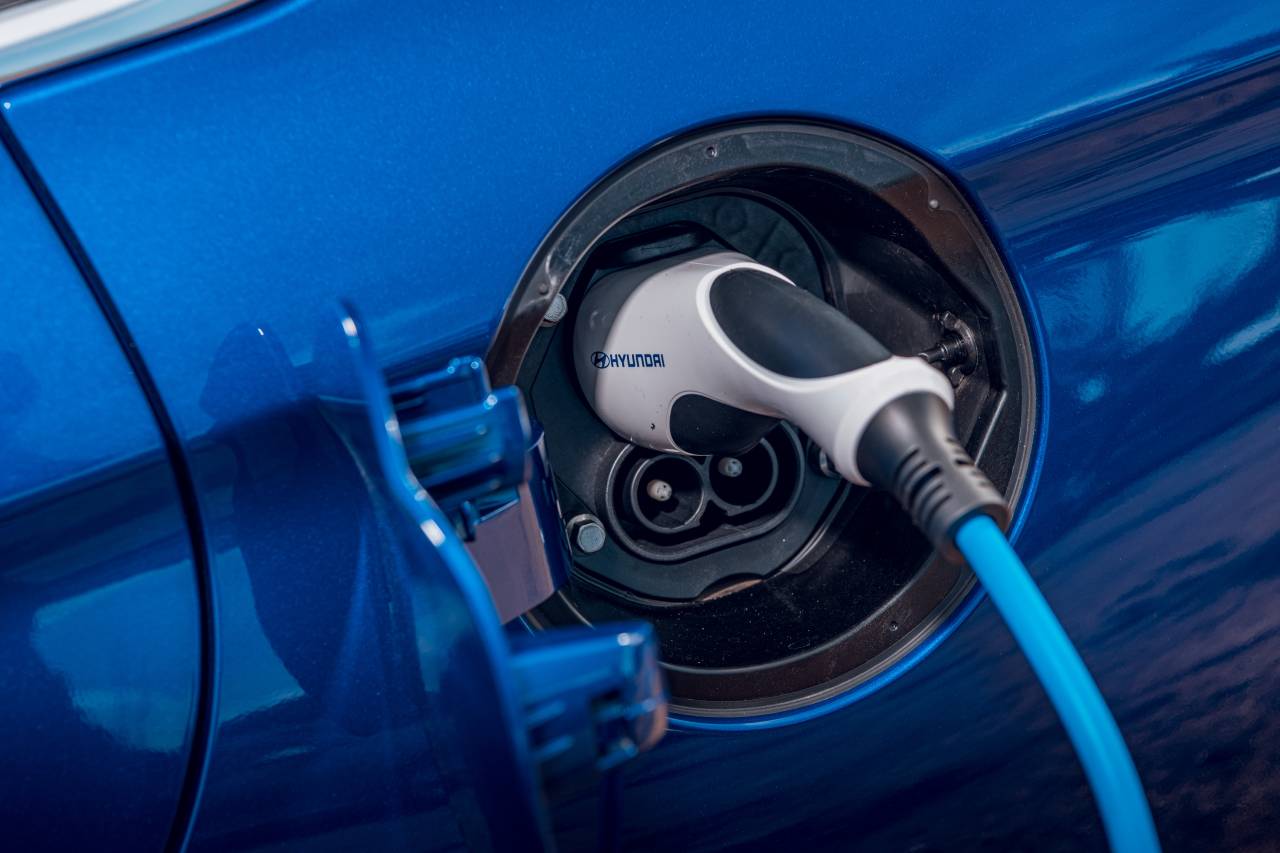THE April 2020 change in company car tax benefit in kind has led to a rise in new lease car registrations of battery electric vehicles (BEVs).
A report from the BVRLA’s latest Quarterly Leasing Survey reveals that BEVs took 15% of all new lease car registrations in Q3 2020, up 13% year on year.
If you add in PHEV lease registrations, plug-ins took a greater share of new lease registrations than diesel – 22% plays 21% – during Q3.
In fact diesel’s share of the total lease car market fell below 50% for the first time, while petrol held steady with a 34% share. Plug-ins still have some way to go, though, to unseat these two mainstays of vehicle leasing, with a combined market share of 8.4%.
Despite the interest in BEVs, business car leasing continued its long term decline, down 11% year on year as the total car leasing fleet shrunk 6%.
BVRLA said that the fleet size declines were partially offset by an increase in the consumer leasing fleet, which was up +4% year-on-year.
The LCV lease fleet continued to increase in Q3, albeit at a slower rate of +1.1% year-on-year, following two consecutive quarters of a +2.1% growth.
Quarter three of last year delivered the long-awaited surge in BEV registrations that we expected after the introduction of the zero-rate BiK incentive. A massive 21% of new business contract hire car registrations were BEVs, once again demonstrating that the company car sector is driving the transition to zero emission motoring.”
Gerry Keaney, chief executive, BVRLA
Average CO2 emissions for BVRLA car leasing fleet new registrations fell from 107g/km to 105g/km in Q3-2020, a new low and around 8% lower than the national average.

Ralph Morton is the leading journalist in the leasing broker sector and editor of Broker News, the website which provides information and news for BVRLA-registered leasing brokers. He also writes extensively on the fleet and leasing market in both the UK and Europe.



